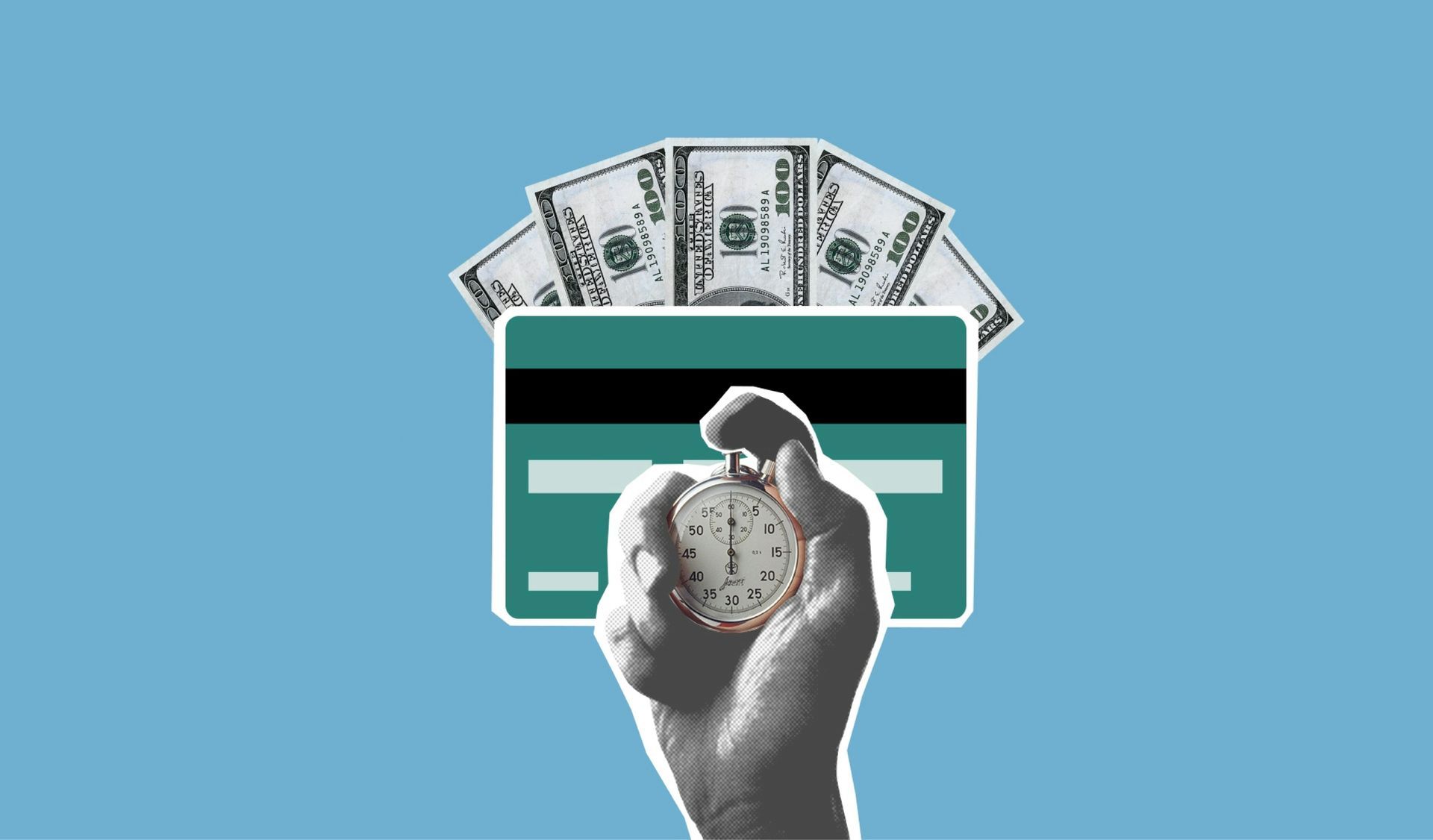Choosing A Consolidation Loan Vs Credit Card
Debt Consolidation Loan vs. Credit Card Balance Transfer: A Strategic Showdown

Conquering Credit Card Debt: Consolidation Loan vs. Credit Card Balance Transfer - Which is Right for You?
Debt, especially high-interest credit card debt, can feel like a heavy burden. It can be difficult to stay on top of minimum payments, let alone make a dent in the principal balance. This is where two strategies emerge: consolidation loans and credit card balance transfers. But which one is the right weapon for your financial battlefield?
Weighing the Pros and Cons: Consolidation Loans
A consolidation loan is a personal loan you take out to pay off your existing debts, typically credit cards. Here's a breakdown of its advantages and disadvantages:
Pros:
- Lower Interest Rates: Consolidation loans often boast significantly lower interest rates than credit cards. This can translate to significant savings over the life of the loan, allowing you to pay off your debt faster.
- Fixed Monthly Payment: With a consolidation loan, you'll have a single, predictable monthly payment. This simplifies budgeting and eliminates the confusion that comes with juggling multiple credit card bills with varying due dates and interest rates.
- Potential for Larger Debt Amounts: Consolidation loans can handle larger sums of debt compared to most credit card balance transfer limits. This can be helpful if you're carrying a significant amount of credit card debt.
Cons:
- Qualification Requirements: Obtaining a consolidation loan typically requires a good credit score and steady income. Borrowers with lower credit scores may not qualify for the most favorable rates.
- Longer Repayment Term: Consolidation loans often come with longer repayment terms compared to aggressively paying off a balance transfer. This means you'll be paying interest for a longer period.
- Temptation to Re-rack Up Credit Card Debt: Since a consolidation loan pays off your existing credit card balances, it's easy to fall back into the trap of using those cards again. Maintaining spending discipline is crucial.
Credit Card Balance Transfers: A Strategic Maneuver
A credit card balance transfer involves moving your existing credit card debt to a new card with a 0% introductory APR period on balance transfers. Let's explore the benefits and drawbacks of this approach:
Pros:
- 0% Introductory APR: This allows you to focus on paying down the principal balance without accruing interest charges during the introductory period. This can be a great opportunity to make significant progress on your debt.
- Improved Credit Utilization Ratio: Transferring your balances can lower your credit utilization ratio (the amount of credit you're using compared to your total credit limit). This can positively impact your credit score.
- Potentially Easier to Qualify For: Qualifying for a balance transfer offer may be easier than obtaining a consolidation loan, especially for borrowers with fair or average credit scores.
Cons:
- Balance Transfer Fees: Many balance transfer cards charge a fee (typically 3-5% of the transferred amount) to move your debt. This upfront cost needs to be factored into your decision.
- Limited Introductory Period: The 0% APR period is temporary, often lasting 12-18 months. After that, a much higher regular APR kicks in. It's crucial to have a plan to pay off the debt before the introductory period ends.
- Temptation to Use the New Card: Using the new card for new purchases can negate the benefits of the 0% APR. Sticking to a balance transfer plan is essential.
Choosing Your Champion: Factors to Consider
The best option for you depends on your individual circumstances. Here are some key factors to consider:
- Credit Score: If you have good credit, you may qualify for a consolidation loan with a lower interest rate than any balance transfer offer. However, a balance transfer might be an option if your credit score is fair or average.
- Debt Amount: Consolidation loans can handle larger debt amounts. If you're dealing with significant credit card debt, a consolidation loan might be the better choice.
- Financial Discipline: If you struggle with credit card spending, a consolidation loan can help eliminate the temptation to use those cards again. However, if you're confident in your ability to avoid new charges, a balance transfer can be a strategic tool.
Remember:
- Compare Rates: Shop around for the best rates on both consolidation loans and balance transfer offers before making a decision.
- Read the Fine Print: Understand all fees and terms associated with both options.
- Develop a Repayment Plan: Create a clear strategy to pay off your debt, regardless of the method you choose.
By carefully evaluating your situation and considering the pros and cons of each option, you can choose the financial weapon that best equips you to conquer your credit card debt and achieve financial freedom.



